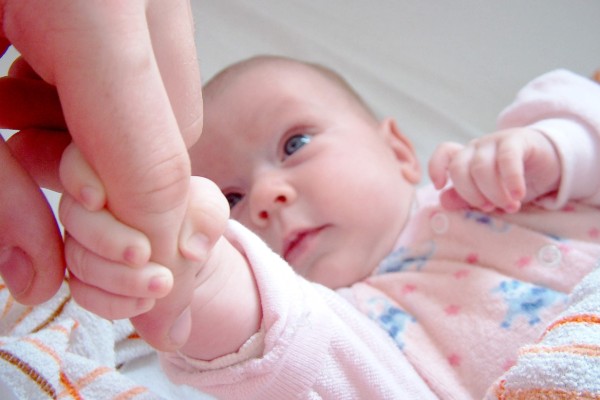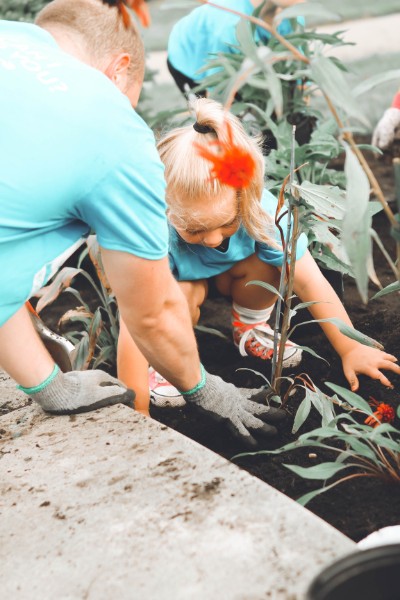
As a parent, you’re witness to the incredible rate at which a child grows and changes from birth. But did you know that brain development in early childhood is faster, more sensitive and has a bigger impact on their lives, than at any other age? That’s a pretty mind-blowing thought, but the good news is that there are lots of ways to support brain development in the early years, both at home and in a high-quality nursery setting.
The different stages of brain development
If you think about all the experiences a child will take in, from the newborn stage to heading off to “big” school, it’s no surprise that the infant brain goes through some significant changes in the early years. Let’s take a look at the brain development stages in early childhood.
Birth to 2 years

During this time, your child is learning and absorbing a huge amount of information, using sensory data to make sense of their environment, and starting to make their own mark on the world.
- Interestingly a baby’s brain is fairly smooth at birth. This is because it has yet to start being shaped by the connections that they make during their early years experiences
- At birth, a newborn baby has all the neurons (brain cells) they will ever have, but what’s important is the development of connections between the neurons. That begins to happen in earnest straight away – at a rate of over 1 million new connections per second!
- A baby’s brain doubles in size during their first year of life.
- By the age of 2, a child’s brain is already 83% the volume of an adult brain.
Two to 5 years

Between 2 and 5, your child’s brain is hard at work acquiring language skills. It’s also beginning to adapt and specialise to suit their unique environment.
- At the age of 3, your child’s brain is twice as active as your own!
- During this time, your child’s brain starts to cut down on neural connections it doesn’t need. This is called ‘synaptic pruning’ and it helps them to focus building the knowledge and skills they need.
- Between the ages of 23 and 30 months, the number of words in your child’s vocabulary will more than double.
Tips to support your child’s development at home
The importance of brain development in early childhood can’t be overstated – but try not to worry: a child with attentive, engaged caregivers will get all they need. Here are some tips for parents to support their child’s brain development at home:
- Talk to your child – even when they don’t yet understand what you’re saying. Speak slowly and clearly, and tell them what you’re doing, what’s happening next and what you can both see.
- Play games that allow babies to interact and use eye contact
- Singing and stories are really important and impactful. Children thrive when being read to and sung with daily
- Try to avoid using a dummy during the day, as it can affect their speaking including forming their mouth round words
- Let children get involved in daily tasks – offering explanations of what you are doing, why and how they can help and develop their skills – at an age-appropriate level
- Offer choices. Simple choices such as would you like apple or pear. This helps children to develop a sense of self
A child’s development in the early years doesn’t all have to depend on parents. As well as support networks around you such as family and friends, a high quality nursery setting can also play a crucial role. At All About Children, we’re here to support you and your child by providing a rich, nurturing environment with staff trained to communicate with the under-5s in a way that promotes their language, learning and brain development.
Contact us
To find out more about our nursery or register your interest, contact us today.
